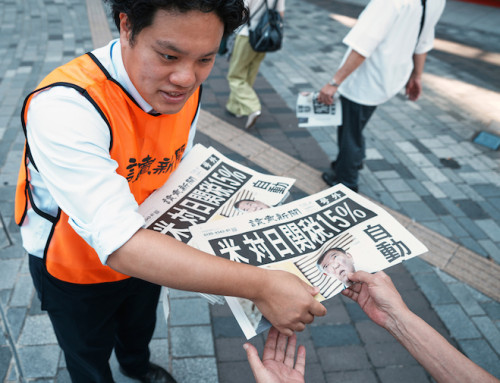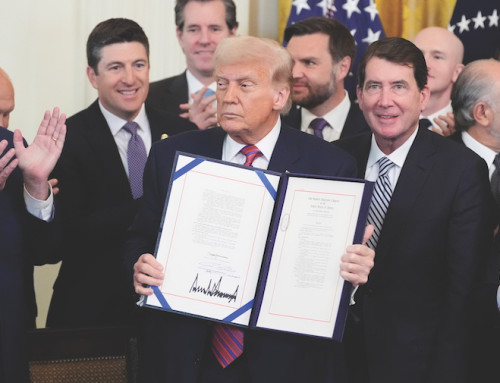The Supreme Court of Ohio justices have reasoned that because the city of Maumee never adopted a section of state law outlining the manner in which an elected official may be removed from office, its residents have no mechanism by which to undertake such action.
The dispute arose from a recall-election effort in which five Maumee residents sought to remove from office the mayor and members of city council of the home-rule charter municipality.
“R.C. Ch. 705 applies to optional forms of municipal government that voters of a municipality may adopt by referendum vote; the chapter has no application to municipalities in Ohio that have adopted a charter form of government under the home-rule powers granted by the Ohio Constitution,” the court wrote per curiam. “Accordingly, relators are correct that the Maumee Charter does not currently allow for recall of the city’s elected officials.”
In February, seven petitions calling for the recall of Maumee Mayor James MacDonald and councilmembers Ted Kurt, Margo Puffenberger, Scott Noonan, Gabriel Barrow, Joshua Harris, and Jonathan Fiscus were submitted to the Lucas County Board of Elections, case summary provided
Each of the petitions cited R.C. 705.92 as the authority to recall the city officials, justices noted in the decision.
Under R.C. 705.92, any elective officer of a municipal corporation may be removed from office if a recall petition signed by qualified electors equal in number to at least 15 percent of the total votes cast at the last regular municipal election is filed with the board of elections and a majority of votes cast on the question of the removal are affirmative.
At a meeting on March 4, the board of elections voted to certify each of the recall petitions and place the recall questions on the Sept. 9 special primary-election ballot.
The city filed with the board a protest of the recall questions, while Glenn Rambo, a resident and qualified elector, filed with the board a separate protest of the recall questions, summary continued.
At the board’s hearing of the protests in April, the city argued Maumee’s charter did not provide for recall elections and that the recall process in R.C. 705.92 does not apply to the city.
Rambo raised the additional argument that even if R.C. 705.92 applies, the recall petitions were defective because they did not demand the election of successors for the recalled officials.
The board ultimately denied the protests, summary noted.
The city and Rambo filed a petition, seeking a writ of prohibition to prevent the board of elections from placing the recall questions on the special primary-election ballot and a writ of mandamus ordering the board to grant their protests.
The Supreme Court granted an alternative writ, setting a schedule for submission of evidence and merit briefs and granted the motion to intervene of the petitioners who demanded the removal of the Maumee mayor and councilmembers.
“Accordingly, the board erred in denying relators’ protests,” the court continued. “We grant a writ of prohibition to prevent the board from placing the recall questions on the Sept. 9, 2025, special primary-election ballot.”
The decision noted that it need not address the city’s argument that the form of the recall petitions did not comply with the statue because R.C. 705.92 does not apply to Maumee.
As for the writ of mandamus sought to compel the board of elections to grant the protests, justices reasoned that it was unnecessary to resolve the issue on account of the writ of prohibition that prevented the board from placing the recall questions on the ballot.
“Because R.C. 705.92 does not apply to Maumee, the board acted in clear disregard of applicable law in denying relators’ protests of the recall petitions,” the court concluded.









